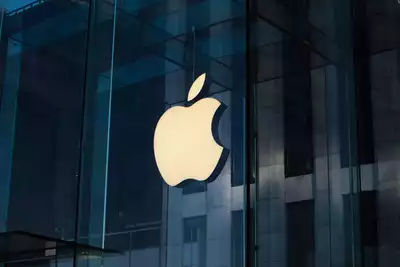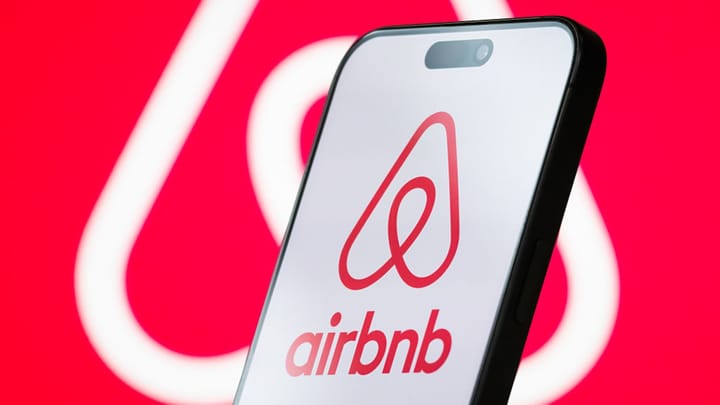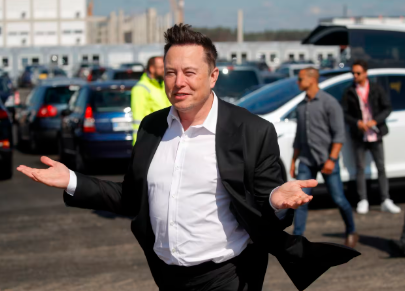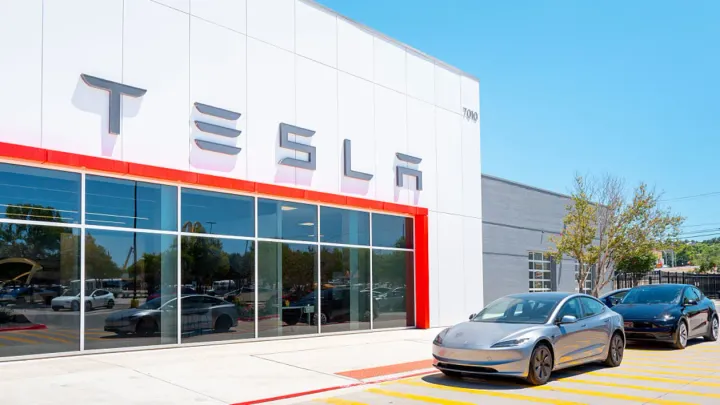Apple’s CEO Personally Called U.S. Officials Over Tariffs—Here’s What Happened

Apple CEO’s Private Call Revealed: How Trump’s Tariff Move Could Spike iPhone Prices
In the latest twist in the U.S.-China trade saga, Apple CEO Tim Cook made a direct phone call to U.S. Commerce Secretary Howard Lutnick, raising concerns about possible price hikes for iPhones due to former President Donald Trump’s tariff policies, according to a Washington Post report.
This high-level conversation comes amid Trump’s surprising move last week to exclude smartphones, computers, and other electronics from the sweeping tariffs that were initially aimed at Chinese imports. Though this temporary relief helps tech giants like Apple, HP, and Dell, the long-term uncertainty remains.
What Did Apple’s CEO Discuss?
According to two anonymous sources, Cook reached out to Lutnick to understand how these tariffs could affect iPhone pricing in the United States. The concern is real: tariffs on Chinese-made electronics would almost certainly lead to higher costs for consumers, especially for high-demand devices like the iPhone.
Cook’s intervention signals how critical these tariffs are to Apple’s bottom line and pricing strategy. Although Apple has remained silent officially, the company is clearly keeping a close eye on Washington.
What Trump’s Tariff Pause Means for Tech Firms
Last week, the Trump administration paused planned tariffs on a wide range of electronics, including:
- Smartphones
- Laptops
- Tablets
- Other consumer electronics
These goods are mostly assembled in China, making them vulnerable to Trump’s proposed trade penalties.
This move gave companies like:
- Apple
- HP
- Dell
a temporary sigh of relief, sparing them from cost spikes that would’ve likely been passed on to customers.
However, the tariff exclusions are not permanent, and the White House has emphasized that they are not “exemptions,” but temporary relief while companies move production stateside.
Inside the White House’s Trade Tug-of-War
According to the Washington Post, Peter Navarro, a trade adviser under Trump, wanted the tariffs to remain in place, despite pushback from tech companies and economic advisors warning of rising consumer prices and supply chain disruptions.
Meanwhile, White House spokesman Kush Desai told the Post that no company, including Apple, has been granted a formal exemption. Instead, Desai emphasized that the administration is focused on building on earlier commitments from firms like:
- Apple
- Nvidia
- TSMC (Taiwan Semiconductor Manufacturing Company)
These companies have pledged to manufacture more within the U.S., which aligns with Trump’s “Made in America” agenda.
Why iPhones Could Get More Expensive
Analysts have long warned that iPhones could become one of the hardest-hit consumer goods if tariffs are fully implemented. Here’s why:
- Most iPhones are assembled in China, and any added cost from tariffs would affect the final price.
- Apple’s slim margins on lower-end models could make it difficult to absorb the additional cost.
- U.S. consumers would likely bear the brunt of price increases.
For example, a 15% tariff could push iPhone prices up by $100 or more, especially for flagship models like the iPhone 15 Pro.
Global Shockwaves: Tariffs Still on the Table
While the recent exclusion provides breathing room, the Trump administration's earlier announcement of broad new tariffs against dozens of countries has already rattled global markets.
Although the measures are paused for now, the fear is that they could be reinstated at any moment, especially if firms don’t meet localization targets set by the U.S. government.
This uncertainty is driving companies to fast-track reshoring plans or diversify their supply chains beyond China.
Silence from Tech Giants
When contacted by Reuters, Apple declined to comment. HP and Dell also did not respond immediately. This silence may reflect:
- The sensitive nature of ongoing trade talks
- Behind-the-scenes lobbying by major tech players
- Fear of provoking a negative response from either U.S. or Chinese authorities
What’s Next for Apple and the Industry?
The Biden administration has continued many of the tariffs initiated under Trump but has focused more on strategic competition with China rather than full-blown trade wars. However, with Trump now on the campaign trail and actively talking about trade again, the stakes are rising.
If these tariffs return full force, Apple and other companies may have to:
- Raise prices
- Shift manufacturing
- Rethink product launches
Tim Cook’s call may be just the beginning of a larger industry push to ensure tariff exemptions—or at least clarity—on trade policies that directly impact U.S. consumers.
Should You Worry About iPhone Prices?
In short—maybe.
If Trump’s tariffs return, the cost of owning an iPhone, MacBook, or even Dell laptop could rise significantly. For now, the exclusion is in place, but it’s only temporary.
Behind the scenes, CEOs like Tim Cook are doing what they can to shield both their companies and their customers, but political pressure to “bring jobs home” may eventually override corporate pleas.
As consumers, we may soon face a simple choice: pay more, or wait for a shift in trade winds.



